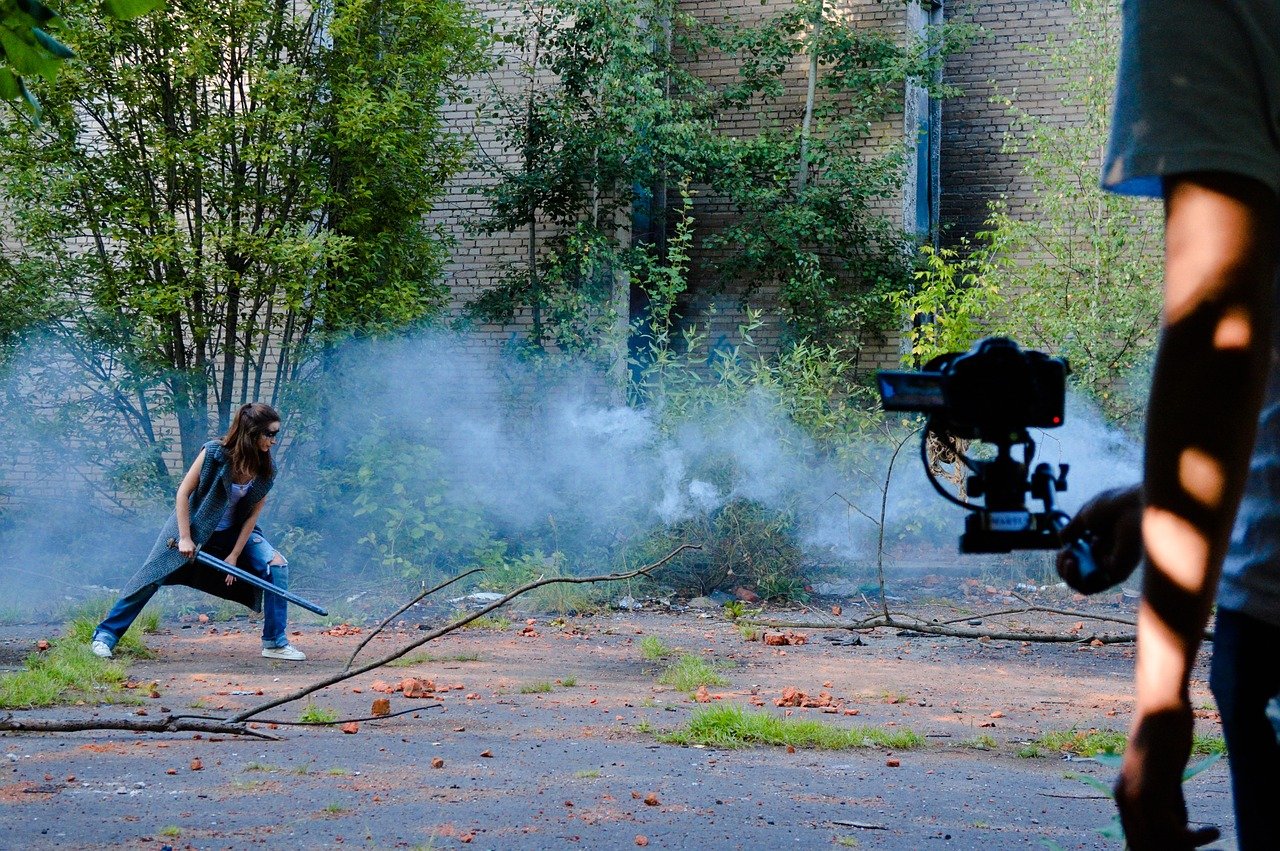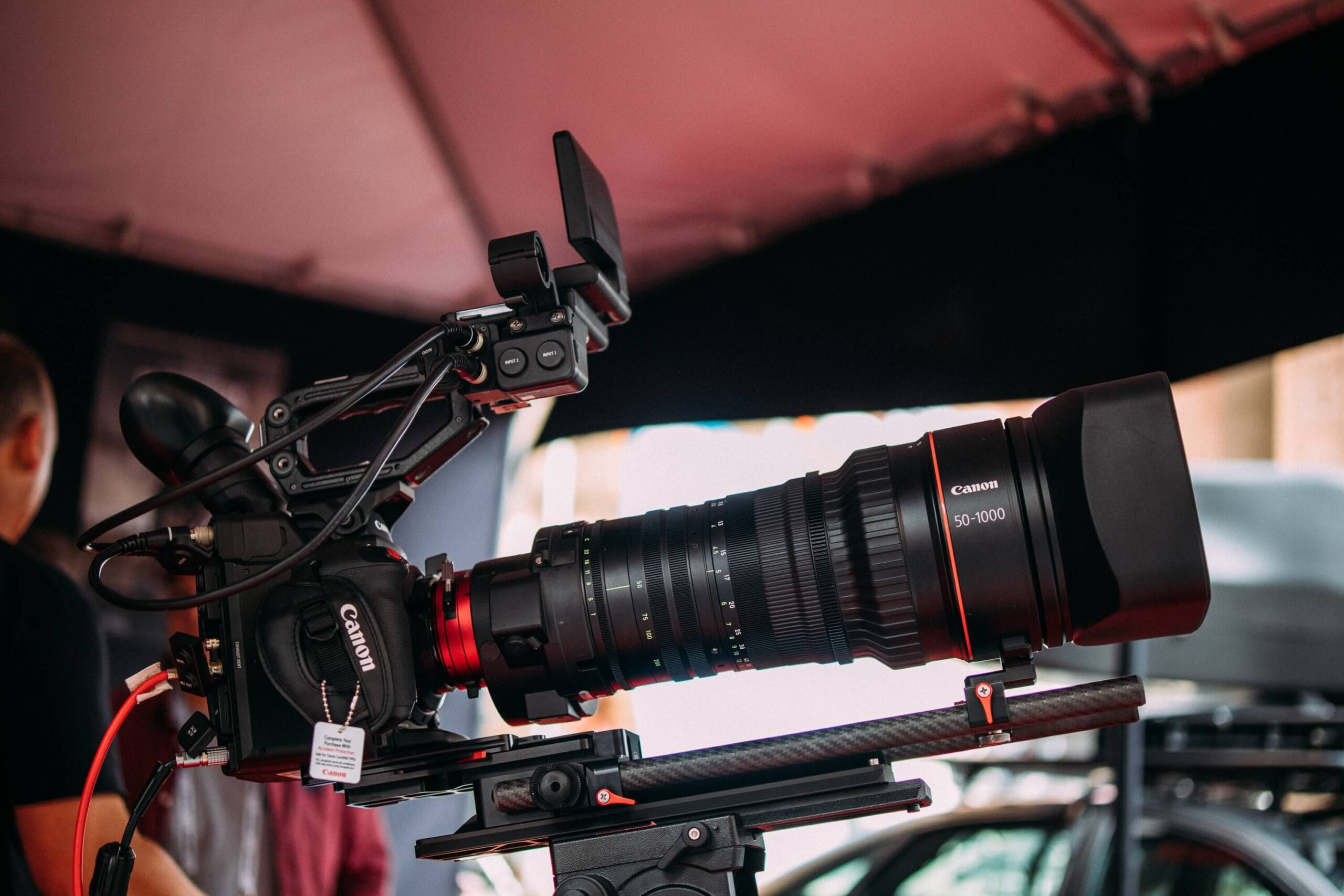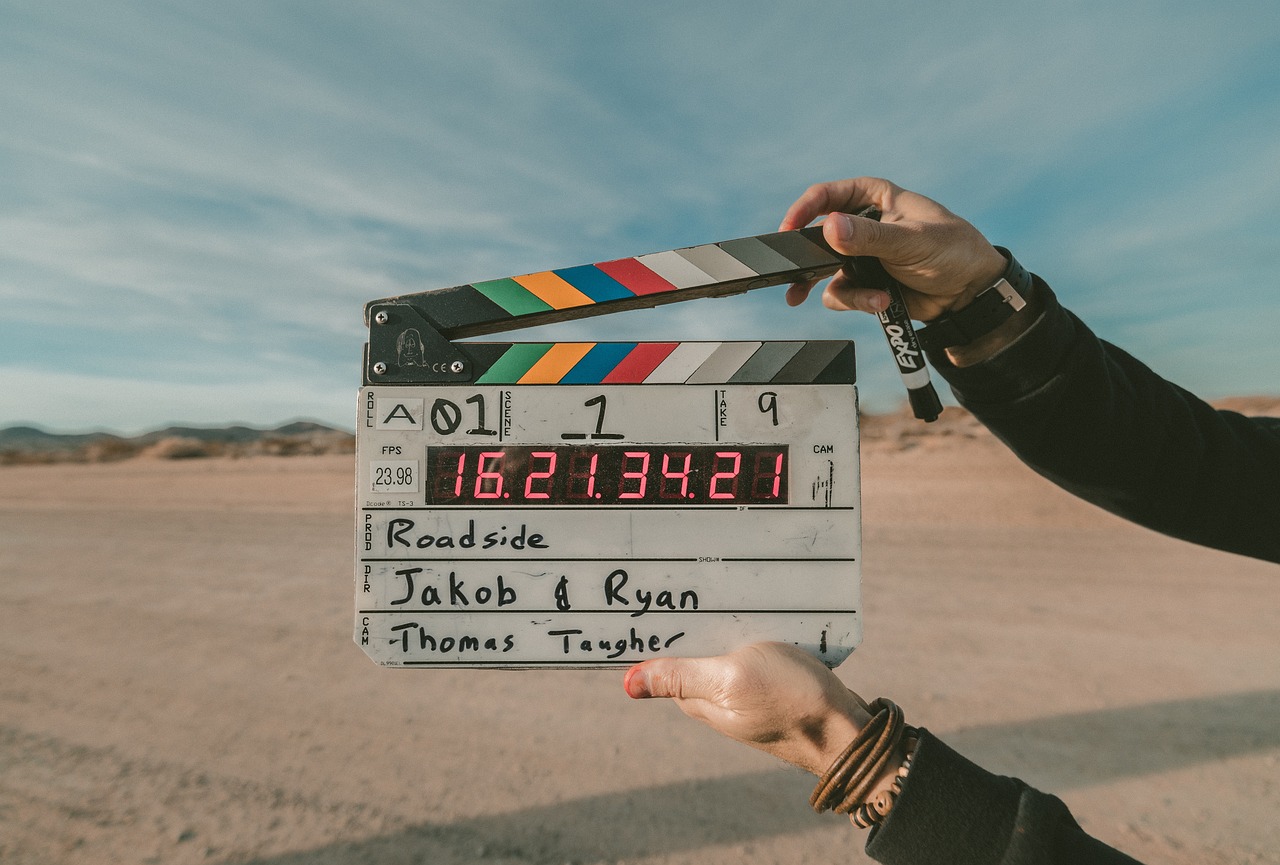Video Production: Unleashing the Power of Visual Storytelling 1. Introduction: The Impact of Video Production…
Music Video Videographer: Capturing the Rhythm of Visual Storytelling
Introduction
In today’s digital age, music videos have become a vital component of promoting musical artists and their work. A well-crafted music video can captivate audiences, convey emotions, and enhance the overall listening experience. Behind the scenes of these visually stunning productions is a skilled professional known as a music video videographer. In this article, we will explore the role of a music video videographer, their responsibilities, and the importance of their work in creating compelling visual narratives.
The Role of a Music Video Videographer

A music video videographer is an expert in capturing the essence and energy of music through visual storytelling. They collaborate with artists, directors, and production teams to bring the vision of a music video to life. As a videographer, their primary focus is on creating stunning visuals that align with the artist’s music and lyrics, engaging the audience on a deeper level. They work closely with directors to translate concepts into powerful visuals, capturing the mood, narrative, and artistic expression of the music.
Mastering the Art of Visual Storytelling
Visual storytelling is at the core of every music video. A skilled videographer understands how to use composition, lighting, camera movements, and editing techniques to evoke emotions and enhance the narrative. They have a keen eye for detail and possess the ability to transform a simple scene into a visually captivating masterpiece. By combining their technical expertise with creativity, they create a symbiotic relationship between the music and visuals, leaving a lasting impression on the viewers.
Essential Skills and Equipment

To excel as a music video videographer, one must possess a diverse set of skills and work with advanced equipment. Proficiency in cinematography, lighting techniques, camera operation, and post-production software is crucial. Additionally, knowledge of music genres, trends, and styles is essential for creating videos that resonate with the target audience. Investing in high-quality cameras, lenses, stabilizers, and lighting equipment ensures the production of visually stunning videos.
Pre-production: Planning the Perfect Shoot

Before the cameras start rolling, meticulous planning is necessary to ensure a successful music video shoot. The videographer collaborates with the director, artists, and production team to discuss the creative direction, locations, props, and choreography. Storyboarding the scenes and creating shot lists allows for a structured approach during the shoot, optimizing time and resources. Effective communication and attention to detail during pre-production set the foundation for a smooth and productive shoot.
On-set: Bringing the Vision to Life

On the day of the shoot, the videographer takes charge of the technical aspects, orchestrating the camera movements, lighting setups, and capturing the desired shots. They work closely with the director and communicate with the artists to ensure their vision is translated seamlessly. With a calm demeanor and adaptability to changing circumstances, the videographer brings professionalism and expertise to the set, creating an environment conducive to creativity and collaboration.
Post-production: The Magic of Editing

Once the footage is captured, the videographer’s role extends to the post-production stage. They meticulously review and select the best shots, align them with the music’s rhythm and structure, and edit them to create a coherent and visually compelling story. Adding special effects, color grading, and motion graphics enhance the overall aesthetic appeal of the video. The videographer’s expertise in editing software transforms raw footage into a polished and captivating music video.
Collaborating with Artists and Directors

A successful music video production relies on the collaborative efforts of the videographer, artists, and directors. The videographer works closely with the artists to understand their creative vision, ensuring their personalities and style are accurately portrayed in the video. Collaboration with directors involves open communication, brainstorming ideas, and finding innovative ways to bring the concepts to life. Through effective teamwork, the videographer contributes to the cohesive storytelling process.
Staying Ahead of the Game: Trends and Innovations
The field of music video production is constantly evolving, with new trends and technologies emerging regularly. A skilled videographer stays up-to-date with the latest advancements, experimenting with new techniques, camera equipment, and editing software. By embracing innovation and pushing creative boundaries, they remain at the forefront of their craft, offering fresh and engaging visual experiences to audiences.
The Impact of Music Videos in the Digital Era

In the digital era, music videos play a pivotal role in an artist’s success. They serve as powerful promotional tools, reaching global audiences and captivating them through immersive storytelling. Music videos have the ability to go viral, generate buzz, and increase an artist’s visibility and fan base. They create a unique connection between the artist and the listener, transcending the boundaries of language and culture.
Exploring Career Opportunities
For those passionate about both music and visual storytelling, a career as a music video videographer can be rewarding. Opportunities exist within the music industry, film production companies, and as independent freelancers. By building a strong portfolio, networking with industry professionals, and showcasing creativity, aspiring videographers can secure projects and collaborate with renowned artists, directors, and labels.
Challenges and Rewards of the Profession

While being a music video videographer is an exciting and fulfilling profession, it comes with its own set of challenges. Tight deadlines, long hours, and budget constraints are common hurdles faced in the industry. However, the rewards of seeing one’s work appreciated by millions, collaborating with talented artists, and witnessing the impact of visuals on music make it a highly rewarding career choice for passionate individuals.
Conclusion
Music video videographers are the unsung heroes behind the mesmerizing visuals that accompany our favorite songs. Through their expertise in visual storytelling, they elevate music to new heights, creating immersive experiences for audiences worldwide. Their dedication, technical skills, and artistic vision are instrumental in shaping the music industry’s landscape. As technology continues to advance and artistic boundaries are pushed, the role of music video videographers will remain integral to the ever-evolving world of music.
FAQs
1. How important is it for a music video videographer to understand music genres? Understanding music genres is crucial for a music video videographer as it helps them align the visuals with the specific mood, style, and target audience of the music.
2. What software do music video videographers use for editing? Music video videographers often use professional editing software like Adobe Premiere Pro, Final Cut Pro, or DaVinci Resolve for post-production.
3. Can a music video videographer work independently or only with production companies? Music video videographers have the flexibility to work independently as freelancers or collaborate with production companies, depending on their career goals and preferences.
4. How can aspiring videographers build a strong portfolio? Aspiring videographers can build a strong portfolio by working on personal projects, collaborating with local artists, and showcasing their creativity and technical skills through online platforms.
5. How do music videos impact an artist’s career? Music videos have a significant impact on an artist’s career by increasing their visibility, connecting with fans on a deeper level, and showcasing their creativity and artistry beyond the limitations of audio-only tracks.




